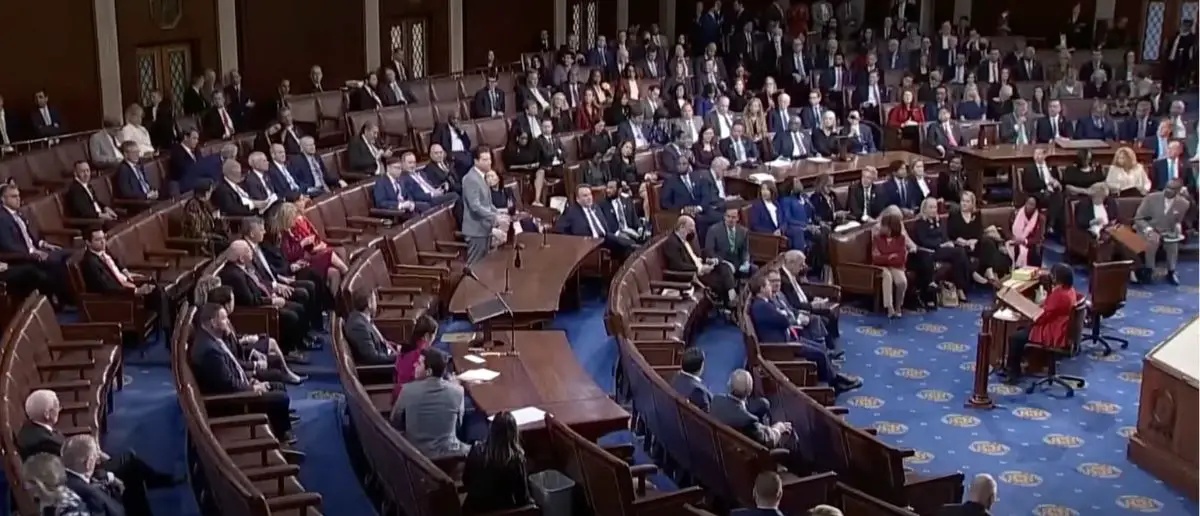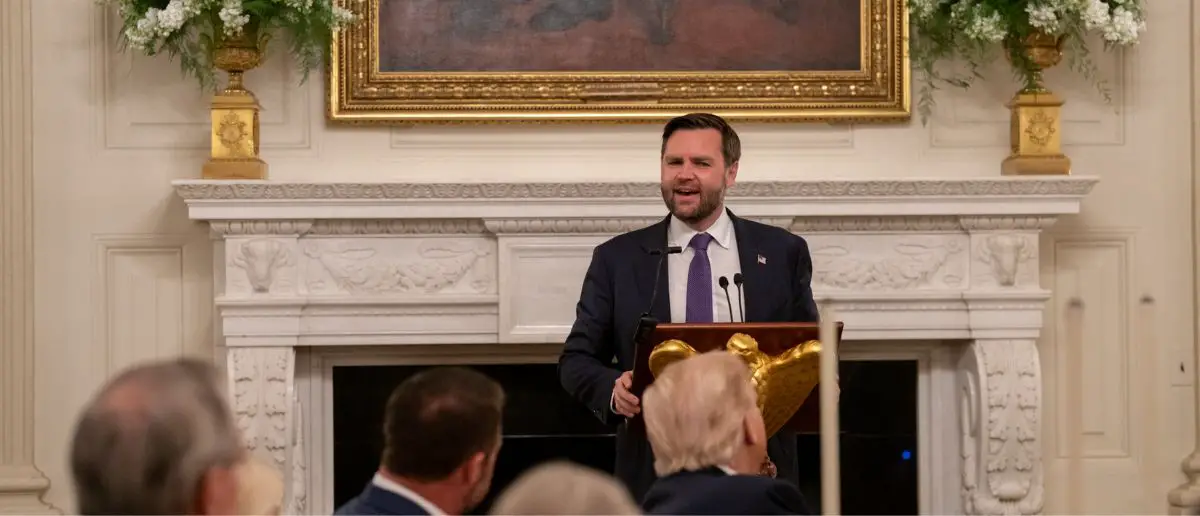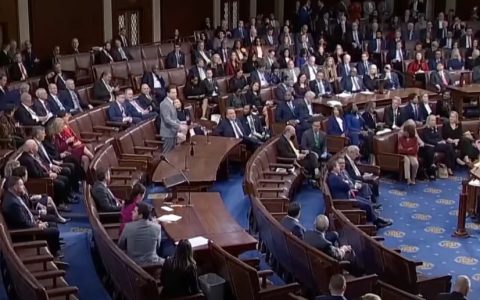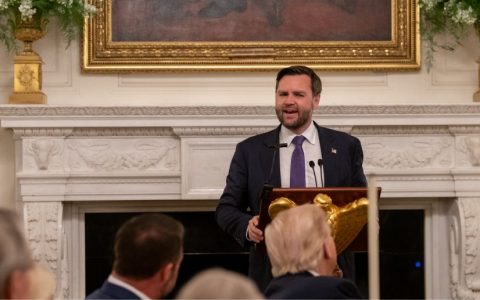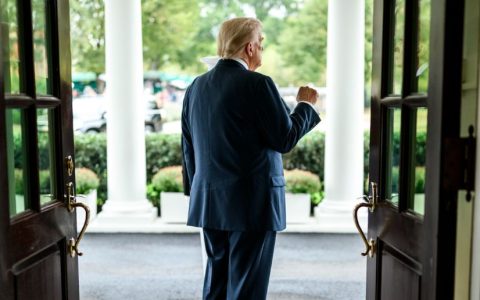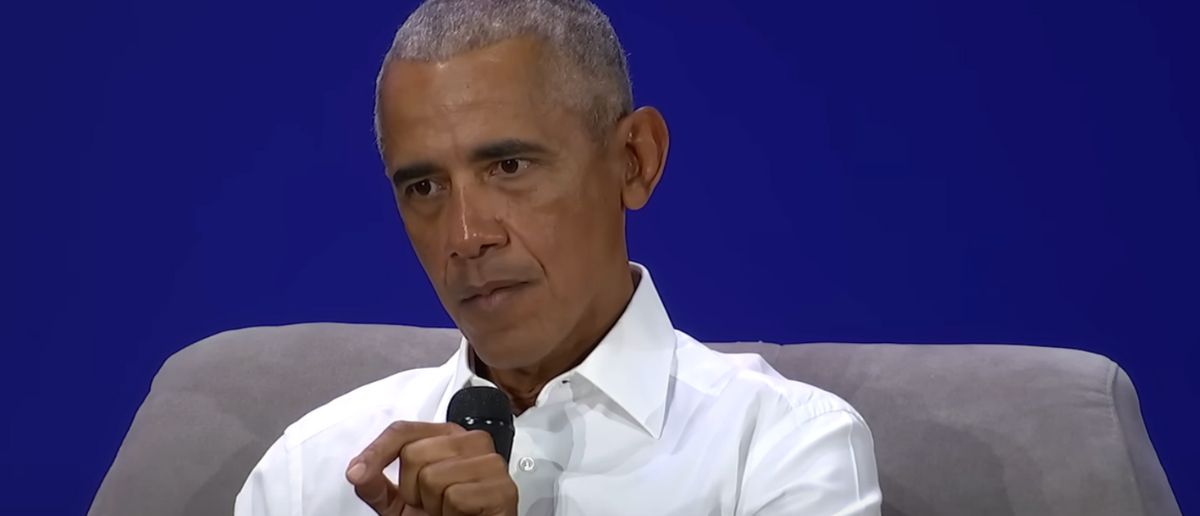
Donald Trump and his allies discovered Obama’s treason. Now Obama wants to go to war.
That’s why Barack Obama sent an order to one of his henchman to go after Trump.
On Tuesday, a spokesperson for former President Barack Obama addressed claims from President Donald Trump’s administration accusing Obama of orchestrating a scheme to undermine Trump’s 2016 election victory. During an Oval Office press conference, Trump urged his Department of Justice (DOJ) to investigate Obama, labeling him “guilty” of “treason.” In response, Obama’s spokesperson, Patrick Rodenbush, described the accusations as “outrageous” and baseless.
“Out of respect for the office of the presidency, our office does not normally dignify the constant nonsense and misinformation flowing out of this White House with a response,” Rodenbush wrote. “But these claims are outrageous enough to merit one. These bizarre allegations are ridiculous and a weak attempt at distraction.”
“Nothing in the document issued last week undercuts the widely accepted conclusion that Russia worked to influence the 2016 presidential election but did not successfully manipulate any votes,” he added. “These findings were affirmed in a 2020 report by the bipartisan Senate Intelligence Committee, led by then-Chairman Marco Rubio.”
The controversy stemmed from a declassified document released Friday by Director of National Intelligence (DNI) Tulsi Gabbard, who claimed it provided “overwhelming evidence” that Obama and his national security team “manufactured and politicized intelligence” after Trump’s 2016 victory.
A journalist at the press conference highlighted Gabbard’s submission of a criminal referral to the DOJ, asking Trump who within the Obama administration should be targeted. “Well, based on what I read… it would be President Obama,” Trump replied. “He started it … the leader of the gang was President Obama, Barack Hussein Obama.”
“Look, he’s guilty. It’s not a question. You know, I like to say, let’s give it time,” he continued. “It’s there, he’s guilty. This was treason. This was every word you can think of. They tried to steal the election. They tried to obfuscate the election.”
The document indicates no evidence existed that Trump was a Russian asset or that Russia intended to “use cyber means” or “directly manipulate the actual vote count” to alter the election outcome.
An accompanying memo alleges that DNI James Clapper and the Department of Homeland Security (DHS) omitted critical context, failing to note that the FBI and NSA had only “low confidence” in attributing data leaks to Russia in September 2016. Still, it acknowledges “supporting evidence indicating the Russian government directed hacking of the DNC and [the Democratic Congressional Campaign Committee].”
The memo further claims that “Deep State officials in the [intelligence community began] leaking blatantly false intelligence to the Washington Post,” suggesting Russia used “cyber means” to sway the election and that the CIA had “concluded in a secret assessment that Russia intervened” to favor Trump. An ODNI whistleblower stated they “could not concur in good conscience based on the information available” that Russia decisively favored Trump, according to the memo.
Trump Rise To Popularity with Americans and Its Impact on Obama’s Legacy
Donald Trump’s current resonance with many Americans stems from a combination of economic frustrations, distrust in institutions, and a rejection of establishment politics, which many associate with Barack Obama’s presidency. Recent economic data from the Bureau of Labor Statistics shows inflation rates stabilizing but still high compared to pre-2020 levels, with real wages lagging for many working-class Americans.
Trump’s messaging, emphasizing economic nationalism and promises to restore manufacturing jobs, appeals to voters feeling left behind by globalization—a sentiment that polls, such as a July Gallup survey, indicate is widespread in swing states like Pennsylvania and Michigan.
In contrast, Democrats have struggled to connect with these voters, often focusing on progressive policies that resonate more in urban centers. A Pew Research Center study from June highlights that 62% of rural voters feel Democrats prioritize coastal elites over heartland concerns. Trump’s outsider persona, despite his wealth, allows him to tap into this discontent, presenting himself as a fighter against a system many perceive as rigged. His recent allegations against Obama, while inflammatory, reinforce this narrative, casting him as a victim of entrenched political forces—a storyline that energizes his base.
Obama’s legacy, once defined by hope and change, now faces scrutiny as Trump’s rhetoric gains traction. The former president’s tenure saw significant achievements, like the Affordable Care Act, but also criticism for policies perceived as favoring corporate interests over workers.
A 2025 report from the Economic Policy Institute notes that income inequality widened during Obama’s presidency, with the top 1% capturing a disproportionate share of economic gains. This reality undermines Obama’s image as a champion of the middle class, making it easier for Trump to portray him as part of an out-of-touch elite.
Trump’s accusations of “treason” and election interference, though unproven, resonate because they amplify existing distrust in government institutions. A Rasmussen Reports poll from July found that 54% of Americans believe the intelligence community has too much influence over politics, a sentiment Trump exploits by pointing to figures like James Clapper and events like the 2016 Russia investigation. This distrust contrasts sharply with Obama’s reliance on institutional frameworks, which many now view skeptically.
The Democratic Party’s response, often seen as defensive or dismissive, has failed to counter Trump’s narrative effectively. For instance, statements like Rodenbush’s, while factual, come across as tone-deaf to voters frustrated with Washington’s status quo. A July CNN poll showed Trump leading Democratic contenders in hypothetical matchups, with 48% of voters citing his “authenticity” as a key factor. Obama’s legacy, tied to a polished, technocratic style, struggles to compete with this raw appeal, leaving Democrats vulnerable as they navigate a populist wave.
Stay tuned to the DC Daily Journal.

